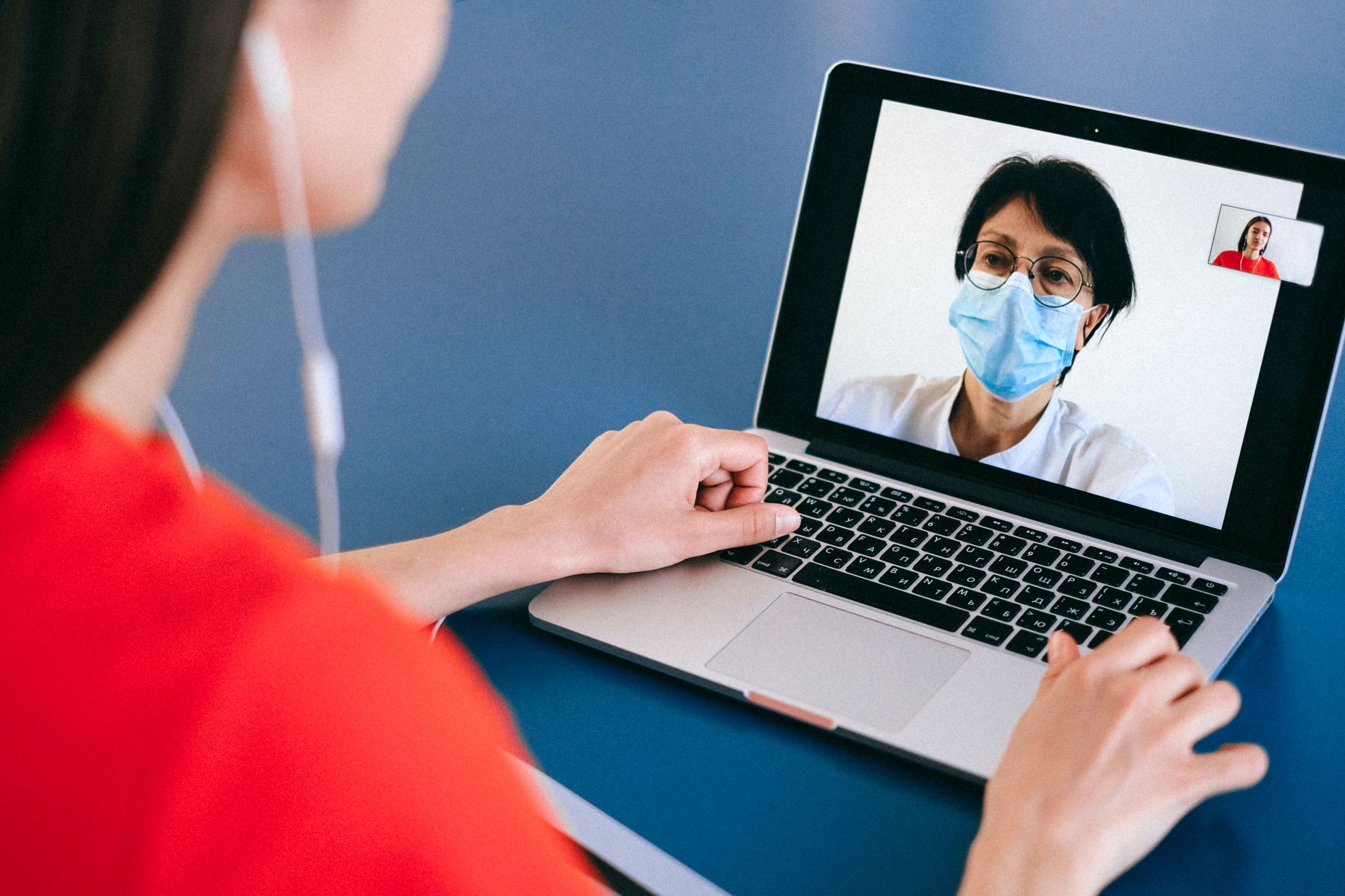
Telehealth Services Expand | Addiction Treatment Goes Digital
Everyone is making adjustments to life’s activities because of the COVID-19 pandemic. Going to work, grocery shopping, and even just talking to friends have all changed significantly in the past few months. Seeking healthcare has also changed for most people. Seeing your doctor for a regular checkup may be postponed or may have shifted to a telehealth visit. Likewise, as addiction treatment goes digital during the coronavirus outbreak, telehealth services expand to include your addiction and recovery program.
What is Telehealth?
During the COVID-19 pandemic, you have been strongly encouraged to stay home and maintain social distances from others when do you go out in public. Accessing healthcare in person, including addiction treatment, under these guidelines can be challenging. Telehealth offers a good option for accessing treatment from home so you and others can stay safe and healthy.
The National Consortium of Telehealth Resource Centers defines telehealth as the use of electronic information and telecommunications technologies to support and promote long-distance clinical health care, patient and professional health-related education, public health and health administration.
The Substance Abuse and Mental Health Services Administration (SAMHSA) strongly recommends the use of telehealth and/or telephonic services to provide evaluation and treatment of patients. These resources can be used for initial evaluations and to implement individual or group therapies such as evidence-based interventions, including cognitive behavioral therapy for mental and/or substance use disorders.
How Telehealth Works
When your addiction treatment goes digital, you can use electronic communication tools to participate in therapy sessions and other programs designed to help you with your recovery. The American Medical Association (AMA) emphasizes that as telehealth services expand, they cover a range of technologies that offer new ways to deliver care including:
- Real-time, audio-video communication tools (telehealth) that connect physicians and patients in different locations.
- Store-and-forward technologies that collect images and data to be transmitted and interpreted later.
- Remote patient-monitoring tools such as blood pressure monitors, Bluetooth-enabled digital scales and other wearable devices that can communicate biometric data for review (which may involve the use of mHealth apps).
- Verbal/Audio-only and virtual check-ins via patient portals, messaging technologies, etc.
Benefits of Telehealth
Telehealth can address the effects of the COVID-19 pandemic, including orders to stay at home and maintain social distances, by limiting your exposure to infection. During the outbreak, it is particularly important to maintain the health and safety of vulnerable populations as well as health care workers. Telehealth can also expand the reach of resources to communities that have limited access to needed services.
The benefits of telehealth services include the fact that as addiction treatment goes digital, it also:
- Promotes the practice of social distancing to reduce spread – shifting visits and initial evaluations so that they do not require in-person and face-to-face interaction, thereby limiting the physical contact between providers and clients.
- Allows monitoring of patients to identify potential and confirmed cases without person-to-person contact.
- Enables quarantined providers to continue to safely treat patients remotely.
- Reduces the risk of spread in high-volume/traffic areas such as waiting rooms by reducing the number of patients requiring face-to-face visits.
- Enables providers to continue patient engagement while reducing potential for exposure for those who are considered most vulnerable to COVID-19.
- Reduces the likelihood of patients participating in activities/behaviors that could increase risk of exposure, such as use of public transportation to attend appointments.
Privacy Concerns Addressed
Addiction treatment providers, such as those at Recovery Without Walls, are working remotely during the COVID-19 pandemic, providing care and answering questions via phone calls, video conferences, and emails. In addiction treatment, confidentiality is critically important. Although you may have concerns about your privacy when using telehealth services, rest assured that all precautions are taken to ensure that your telehealth addiction treatment remains confidential.
Federal and state regulators have recognized the increased need for privacy as telehealth services expand. Regulations have been relaxed, due to the declaration of a national emergency, governing the use of telehealth for general medical services as well as for addiction services including the use of audio and/or video technologies. However, all communication continues to be respected and secure, so you can continue with your addiction treatment with confidence that the providers always have your best interest – and your successful recovery – as their priority.
Addiction Treatment Goes Digital at Recovery Without Walls
At Recovery Without Walls, we focus on keeping you safe and healthy, particularly during the COVID-19 pandemic. Our providers continue to work to help you through treatment and recovery, focusing on evidence-informed research, exceptional psychotherapy, and integrative healing methods. We encourage you to email or call us for care and for answers to your questions. Contact us today to learn more about getting help.

